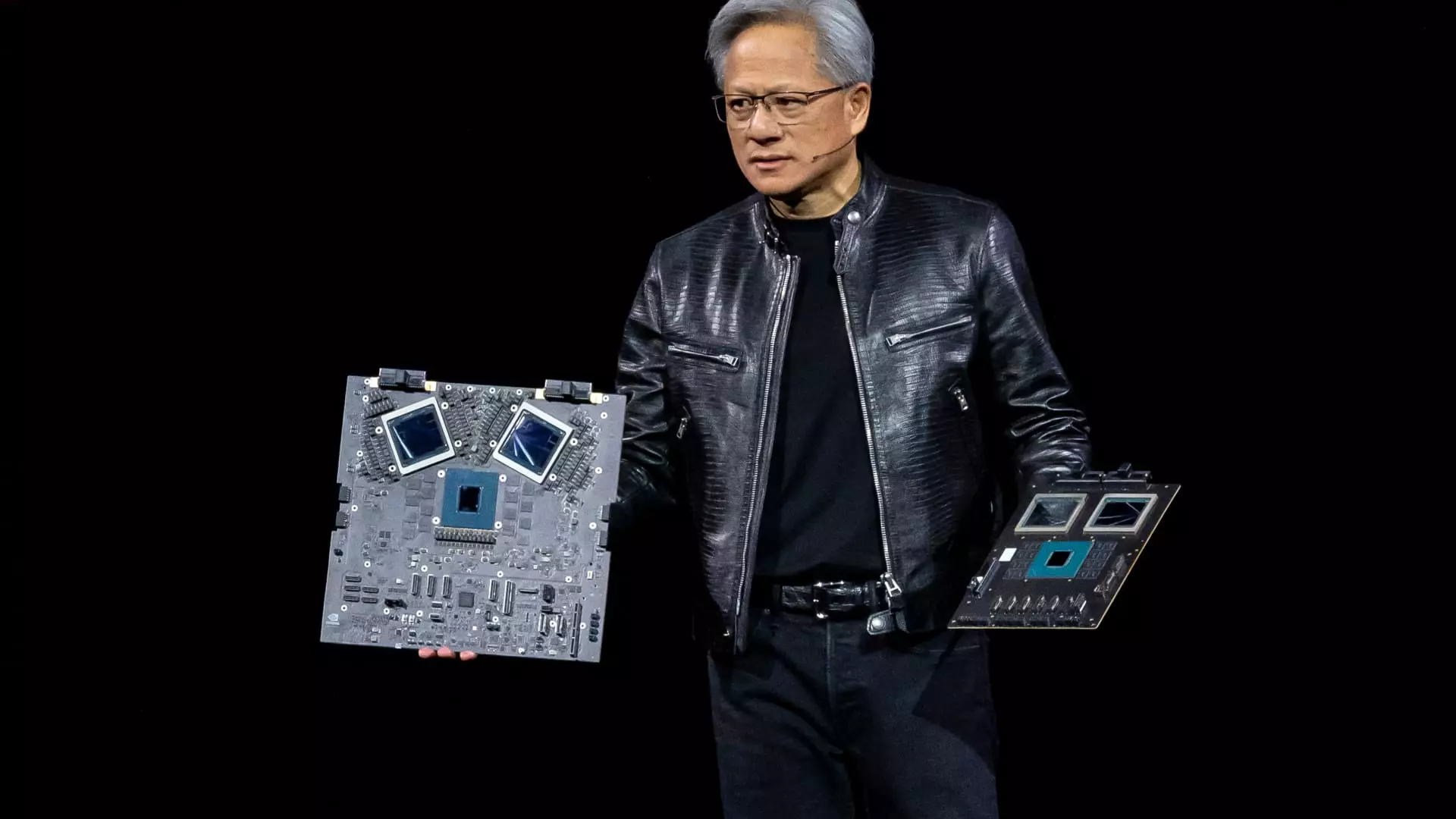In the midst of a surge in interest and investment in artificial intelligence (AI), the semiconductor industry is experiencing a wave of changes and challenges. The earnings reports from various chip firms in the June quarter highlight the diverse impacts of AI on different companies within the sector. While some are reaping the benefits of AI-related spending by tech giants, others are facing struggles due to their limited exposure to the technology.
At the core of the current AI revolution are large language models (LLMs) and generative AI applications, which require substantial computing resources for training. Companies like Meta and Microsoft are ramping up their capital expenditure to support AI research and development efforts. This increased spending has been a major boon for Nvidia, whose GPUs are utilized for training LLMs. On the other hand, AMD has entered the AI chip market with its MI300X chip, signaling a shift in the competitive landscape of the semiconductor industry.
While companies like Nvidia and AMD are witnessing growth in revenue and market share due to AI-related investments, others such as Qualcomm and Arm are facing obstacles. Despite their efforts to emphasize their importance in AI applications, Qualcomm and Arm are struggling to gain significant traction in the AI market. Qualcomm’s revenue is still heavily reliant on smartphones, limiting its exposure to the booming data center segment where AI training is prominent. Arm, known for its chip blueprints, is also facing challenges as its revenue is primarily generated from consumer electronics rather than AI-driven technologies.
In addition to chip firms, semiconductor manufacturers like TSMC and tool providers like ASML are thriving in the AI era. TSMC reported a significant increase in net profit in the second quarter, driven by strong demand for semiconductors used in AI applications. ASML’s net bookings also surged, indicating the growing need for advanced chip manufacturing tools. Samsung, a key player in the semiconductor industry, reported a substantial year-on-year increase in operating profit, underscoring the overall positive trend in the sector.
The rapid expansion of AI technology is reshaping the semiconductor supply chain and creating both opportunities and challenges for chip firms. While some companies are capitalizing on the AI boom and achieving remarkable growth, others are struggling to adapt to the changing landscape. As the AI market continues to evolve, semiconductor companies will need to innovate and diversify their offerings to stay competitive in this dynamic industry.

